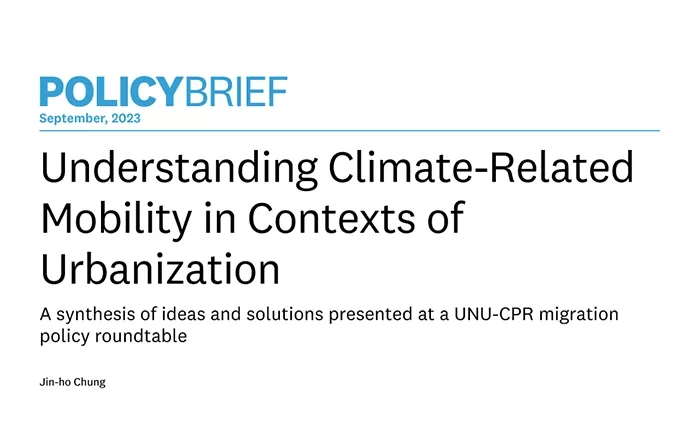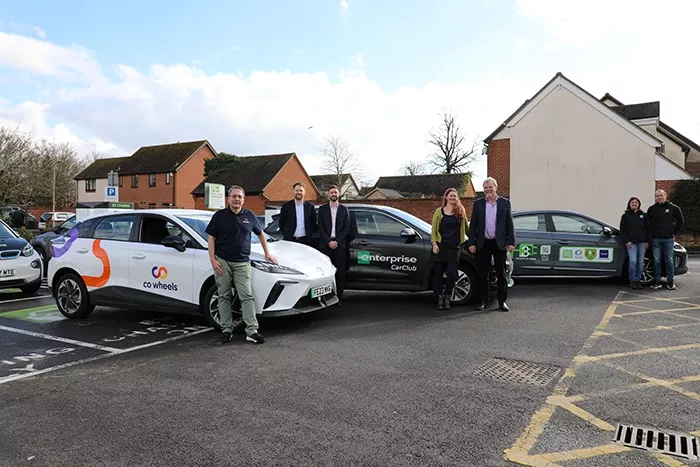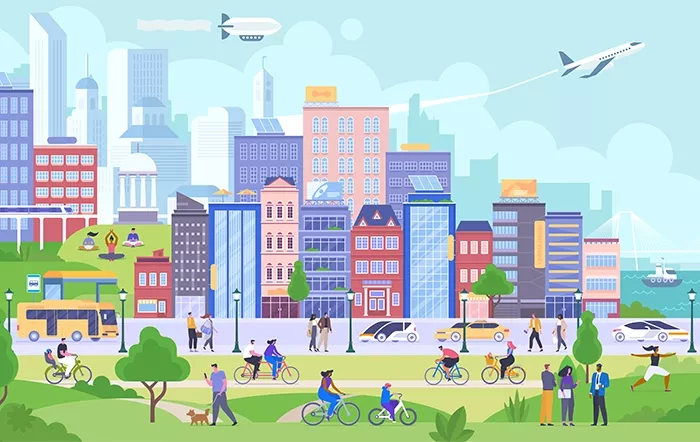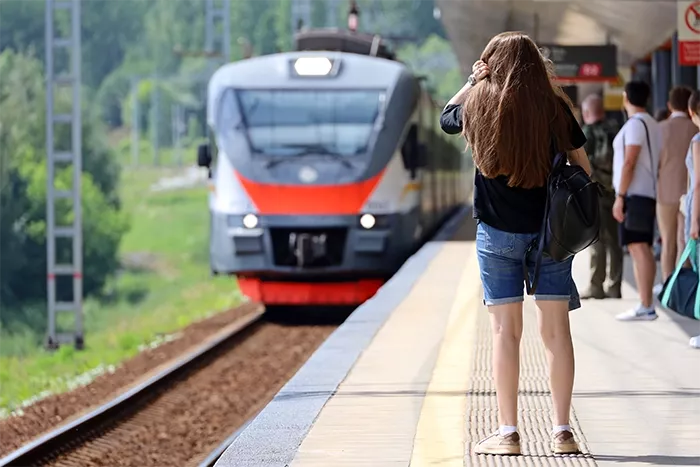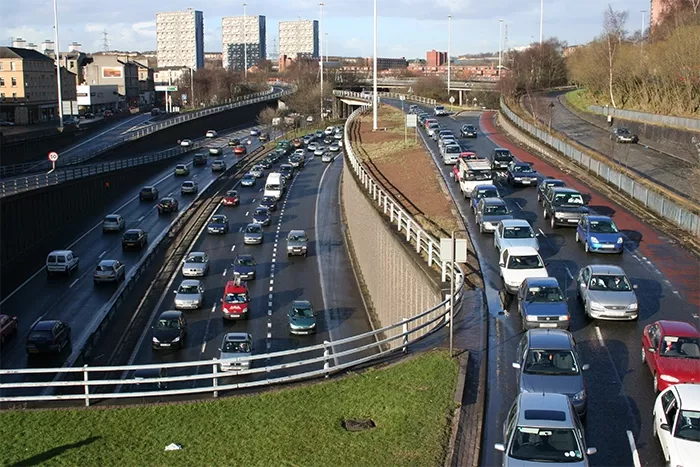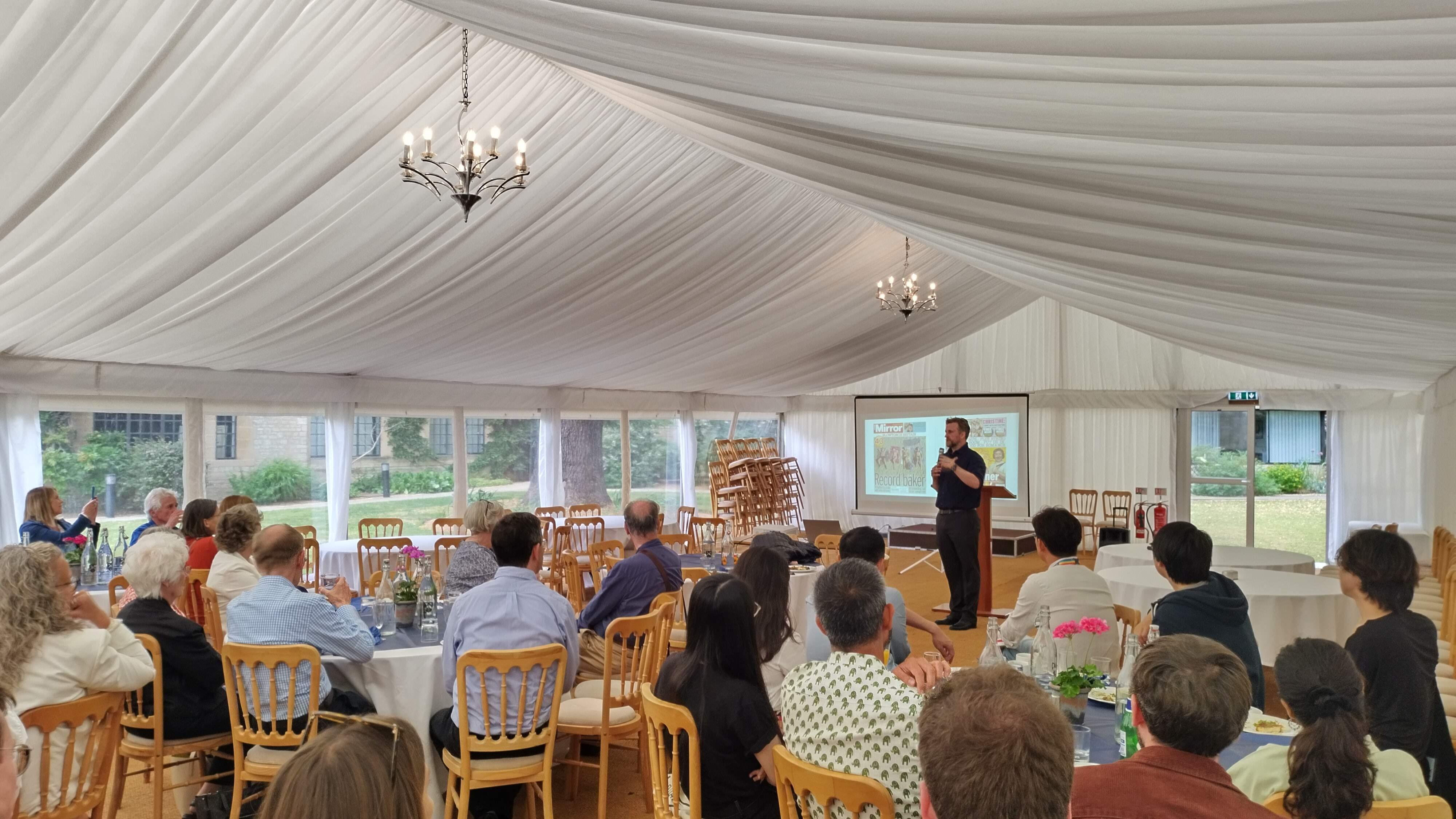Understanding Climate-Related Mobility in Contexts of Urbanization - new policy brief
Dr Jin-ho Chung and the United Nations University's Centre for Policy Research (UNU-CPR) have released a policy brief summarising ideas and solutions presented at a UNU-CPR migration policy roundtable held in New York in March 2023 in partnership with the MID-EQ Hub.

